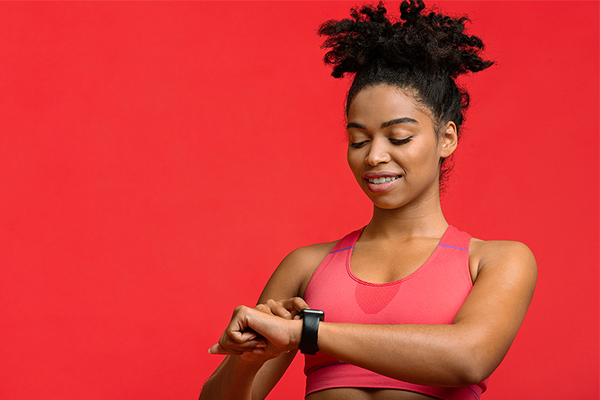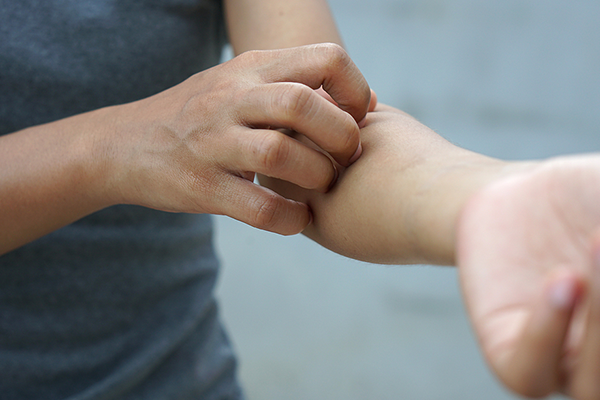Tracker Data That’s Worth Tracking
Whether you’ve had a Fitbit for a while or are the proud new owner of an Apple Watch, you’re a part of the “wearables” trend that’s taken over in recent years. These days, we have so much information about our health and wellness literally accessible on our wrists.
But sometimes, all that data can be confusing.
Focus your attention on these four key areas to have a good picture of your health:
1. Your Heart Rate
While each tracker keeps up with slightly different items, they pretty much all track your heart rate. Keeping an eye on your heart rate over time can help you gain a better understanding of your overall wellness and fitness level.
Monitor your heart rate in two distinct ways—when you’re at rest (known as your resting heart rate) and during your workouts. This will help you gauge when your heart rate is unusually elevated, as well as what your target heart rate is to get the most out of your exercise routine.
2. Your Steps
You’ve probably heard at some point that you should aim for 5,000 or 10,000 steps a day. The reality, though, is that’s a pretty arbitrary number.
There’s no magic number of steps that equates with good health. But keeping up with your steps using your wearable track can be helpful.
Start by identifying how many steps you average, then work on increasing your personal step count over time.
3 .Your Active Minutes
This is a particularly helpful metric. Experts recommend that adults get at least 150 minutes of moderate physical activity or 75 minutes of strenuous physical activity each week.
That’s a good baseline, but if you’re looking to lose weight or hit other fitness goals, you may need to exercise for longer periods. Keeping track of your active minutes can help you identify whether you’re hitting this target or not—and how much more exercise you need in a given day or week.
4. Your Sleep
If you sleep soundly every night and wake feeling restored, you may not need to keep an eye on your sleep. But since many Americans report issues getting quality sleep, it can be helpful to have a tracker measuring your sleep quality.
Many trackers kick you into sleep mode after a few idle minutes and then plot out your sleep stages based on your breathing and heart rate.
If you consistently aren’t getting the recommended seven to nine hours of sleep a night and your REM and deep sleep in particular are diminished, speak with your doctor about the sleep results you have tracked.





